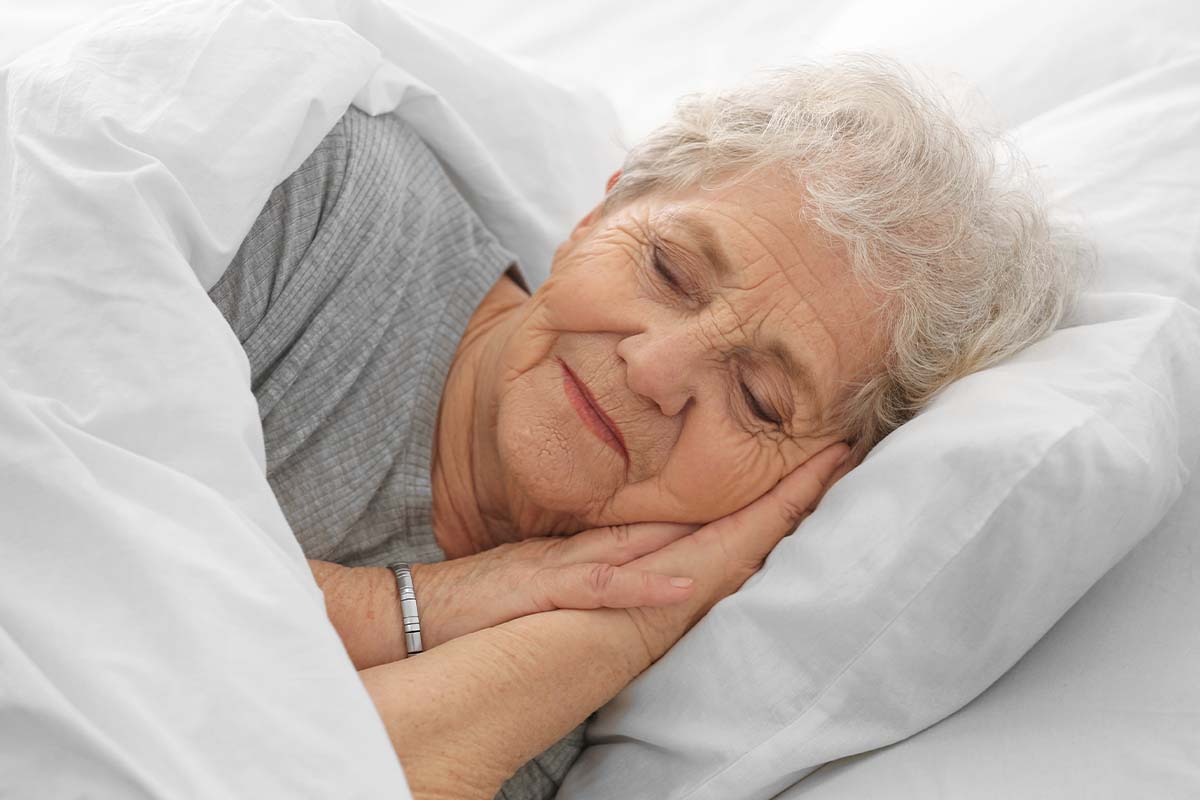Do you dread climbing in bed each night because you know what lies ahead? Is sleep a constant battle? Do you toss and turn throughout the night or spend too much time watching the minutes tick away, while calculating how much sleep you’ll still be able to get? A lack of sleep can turn the jolliest of folks into an Oscar the Grouch in no time at all. Sleep is a vital part of our health and wellbeing. It’s important that we learn healthy sleep habits and work through any poor habits that may have developed over time. Additionally, we need to address any sudden onsets that have had a negative impact on your sleep. Throughout this article, we will discuss an overview of sleep as a whole, including reasons for poor sleep, consequences of too little sleep, and tips for successful sleeping, as well as the benefits of a good night’s sleep.
Why Can’t I Sleep?
There are many factors that may be responsible for interrupting our sleep or preventing us from easily falling asleep in the first place. As we age, the likelihood of these issues seem to increase, so it’s important that we take note and make ourselves aware, so we are well equipped to make adjustments as needed.
One such reason for poor sleep may be the medications we take for various health concerns. If you’ve noticed a sudden change in your sleep habits, you may want to review your medication list and see if any new prescriptions have been added. Your doctor may be able to prescribe you an alternate medication or adjust your schedule to help you get some much needed sleep.
Another reason for poor sleep could be illness. As we age, some of our systems naturally slow down or become less effective, leaving us with health issues that didn’t previously exist. It’s important to address these concerns with your physician for optimal sleep.
Lastly, aches and pains may be preventing us from getting comfortable at night. If you toss and turn trying to find just the right spot, only to be awoken shortly after falling asleep, this may be something to look into. There are exercises and stretches you can do to help you around these discomforts. You may also try a different sleeping arrangement, a new mattress, a support pillow, or other sleep aids to help you get a comfortable night’s sleep.
What are the Side Effects of Too Little Sleep?
Research recommends that adults of all ages get 7 to 9 hours of sleep per night. Our go, go, go lifestyles have made it easy to stray from the recommended sleep time, shortening it significantly, if we aren’t intentional. For each hour of sleep we lose, we face consequences that can have a negative effect on our overall health.
One of the first areas impacted is our mood. A lack of sleep can be solely responsible for irritability, or even more significant effects, such as anxiety and depression. Research shows that you’re ten times more likely to become depressed and seventeen times more likely to experience anxiety if you aren’t getting adequate sleep. This is a vicious cycle because depression and anxiety also make it difficult to sleep.
A lack of sleep can also impact our short-term memory. Forgetfulness can increase as our quality (and quantity) of sleep decreases. If you notice a sudden change in your ability to recall, or memory problems in general, take a look at your sleep habits and see if there may be a direct correlation.
When we are tired, or lacking energy, our bodies and minds become weakened. This puts us at a greater risk for falls or accidents. One in three seniors, over the age of 65, fall each year. To help prevent nighttime falls, keep a lamp in arm’s reach of your bed, make sure rugs are secured without loose corners, and keep a clear pathway around your bed and leading to the bathroom.
How is a Good Night’s Sleep Beneficial?
Getting enough sleep improves your health in the following ways:
- Lowers your risk of many diseases, including, but not limited to, cardiovascular disease, high blood pressure, diabetes, and obesity
- Improves concentration & memory
- Boosts your mood and energy levels
- Helps to maintain a healthy weight and metabolism
- Clears your brain of harmful toxins through the glymphatic system, which is ten times more active while you’re sleeping than during wakefulness. The glymphatic system is the trash company of your body– the garbage truck comes in and cleans out all of the toxins, disposing of them into the liver. It also helps to regenerate cells and consolidate memories.
How Can I Improve My Sleep?
Hopefully by now you have a better understanding of the benefits and consequences that sleep can have on your body. However, you may be asking yourself what steps you can take to ensure that you’re getting a good night’s sleep. We’ve compiled a few helpful tips to get you on the right path.
- Start your day with at least 2+ hours of sunshine; exposure to morning light is said to increase your melatonin production, for a more restful sleep at night
- Consume your caffeine early in the day– try not to have any additional caffeine within 7 hours of your bedtime
- Exercise regularly, but not within 3 hours of going to bed
- Avoid long naps or late naps– this can throw off your sleep cycle and make it harder to fall asleep at night
- Keep your bedroom at a comfortable temperature for sleeping
- Turn off the TV, ipad, phone or other screens at least 1 hour before bedtime– 2 hours is ideal. Too much television can have many negative effects on your health. The blue light confuses your body and sends mixed signals, interrupting your body’s ability to make melatonin, and making it difficult to fall asleep.
- Eat your larger meal midday and have a smaller meal at supper or dinner time.
- Avoid alcohol near bedtime– contrary to what some may believe, alcohol does not make you feel asleep more easily.
- Follow a sleep schedule, with a regular bedtime and wake time.
If your sleep habits are a concern, or you notice negative side effects associated with a lack of sleep, reach out to your medical provider. He or she will be able discuss options to help you develop healthy habits to ensure restful sleep and optimal health.












